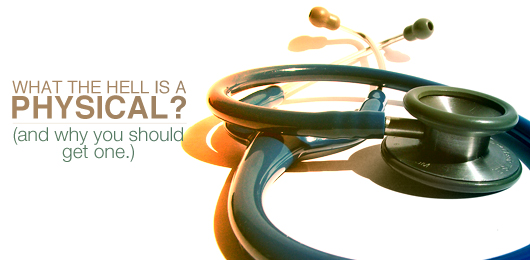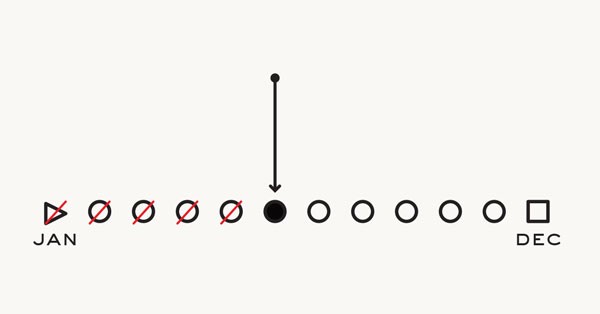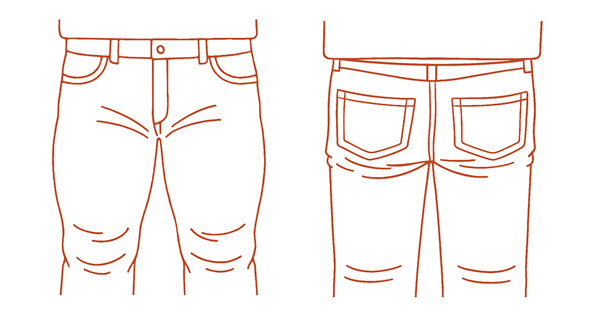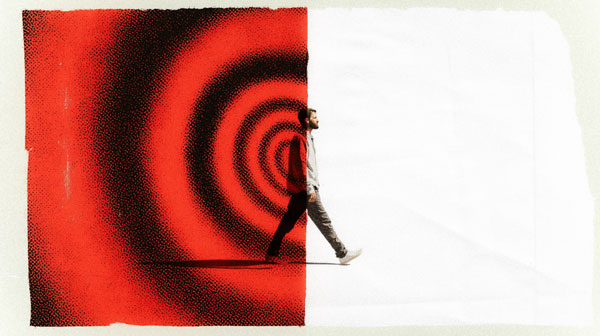Ever since I graduated from high school and stopped going to my annual sports physical, I have been getting a general check-up every few years. Is it unnecessary? Maybe. It is smart? Absolutely. Now of course, it is not all temperature checks and tongue depressors, but it is important to get regular checkup physicals before you turn 30 – and here is why.
General Exam
Usually the physical is just like any other doctor visit, a history is built. In our personal health care, understanding not only our family history, but our personal history is important. You’ll talk about your exercise routine, diet and other health factors (like smoking, drinking and medications).
The exam itself is quite simple. The doctor will test your muscular strength by pressing and feeling your muscles and having you use your legs and arms to do normal movements against the doctor’s weight. They may also lay you down on the table and feel your organs just to check their firmness to detect any abnormalities.
Tests
This is the part most males dread … mostly for the uncomfortableness it brings. But for men, this part of the exam is the most important. Depending on the doctor, any number of tests will be done on the male genitalia, including a hernia test and a testicular exam to check for abnormalities. Testicular cancer occurs mostly between males aged 20-39, so now it the time to be vigilant (http://www.cancer.gov/cancertopics/factsheet/Sites-Types/testicular).
Most doctors don’t start doing a prostate exam until you reach 30 because the prostate doesn’t usually cause problems until later in life. But that said, it is also one of the most commonly diagnosed cancers (http://www.cdc.gov/cancer/prostate/statistics/).
There are several reasons guys in their 20s should visit the doctor. First, the risk of testicular cancer is highest between 15 and 35 years old. While still rare, I examine all men for this and encourage self exams. Secondly, screening for elevated cholesterol in men at high risk for heart disease is recommended for men in their 20s. How do you know if you are at risk for heart disease? Visit the doctor and find out!
Yet another reason is just to get into the habit of going frequently. Women are used to visiting the doctor often (due to Pap testing, mammograms, etc). I often see men in the office when they turn 50 and find out they haven't been to a doctor in years just because they haven't been sick. Men are not used to visiting the doctor when they are healthy just to get a check up.
You can add to this the need to get a yearly flu shot, tetanus shot every 10 years, and any other missed immunizations.
After all of this, there are not many reasons for a man in his 20s to NOT visit the doctor.
»James Dom Dera, MD, FAAFP, Ohio Family Practice Centers, Inc.
Other Tests
You will also have your ears, nose and throat checked. Additionally, the doctor will spend time listening to your heart and taking your blood pressure. These are important because not only can they lead to diagnosing a heart condition, but also issues dealing with blood flow weaknesses.
Finally, a urine and blood test will most certainly be done. These are testing for cholesterol, STD’s, and a multitude of other measurements. In fact, my last physical was in December 2009 and I had to have three additional blood tests because one of the measurements was up and down and they couldn’t get a base-line. It was nothing to worry about, but now that I have that history, my next doctor will see that particular measurement fluctuates a lot.
All Done!
The exam is over! And as a 20-something-year-old, you probably don’t need to come back for two or three years. The doctor will let you know of any areas they are concerned with and may refer you to a specialist to take a second look at anything they are concerned about.
In the end, it is important to keep your health in check. Be preventative because catching something early and before it is a problem makes the solution much easier. Plus, knowing you are healthy does help you sleep better.

















